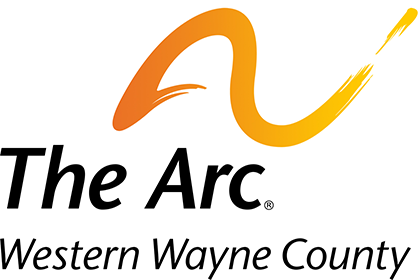In general, transition service areas include the following; employment, post-school adult living, community participation, post secondary educational training, and integrated employment, including supported employment.
The employment area refers to the student’s readiness to perform paid work for the purpose of achieving economic independence. Students should also have opportunities to become aware of the world of work, explore career options, make career decisions within the context of community based experiences and develop skills for seeking, securing, and maintaining employment. Planning for and defining employment goals, however does not necessarily result in placement in a specific job for pay.
Post school adult living includes the following skills;
- post secondary education and training includes community college, attendance at a four year college, trade school, armed services, night school, adult education, special studies, GED, etc.;
- personal and social skills include dressing, grooming and personal appearance, planning for social activities, shopping for self and household, participating in community clubs and activities, transportation, recreation, entertainment and hobbies;
- living skills includes discussion about living arrangements, voting, identification card, driver’s license, insurance, and purchasing and preparing food;
- income and finance skills help to develop financial awareness and responsibility, credit cards, managing money, budgeting and financing, and paying bills;
- medical skills include identifying common illnesses and how they can be treated, choosing doctors, identifying and reporting medical emergencies, first aid training and accessing services from Medicaid, Medicare, and / or private insurance;
- community participation refers to the student’s quality of interaction with his or her surroundings. This also includes the student’s level of involvement in completing self-care and other activities of daily living as well as the physical access to one’s community. If the end goal of transition is to live successfully in the community, then transition must address where the student will live, work or go to school, as well as how he or she will live within the community. Community participation includes recreation and leisure, personal and social skills, citizenship and legal issues, and community access and transportation; and
- post secondary educational training assists students who may want to pursue further education or training after leaving high school. It may be academic in nature and pursued in a university or college setting or technical in nature and pursued in a trade school or vocational center setting.
Phone code: 1602

Recent Comments